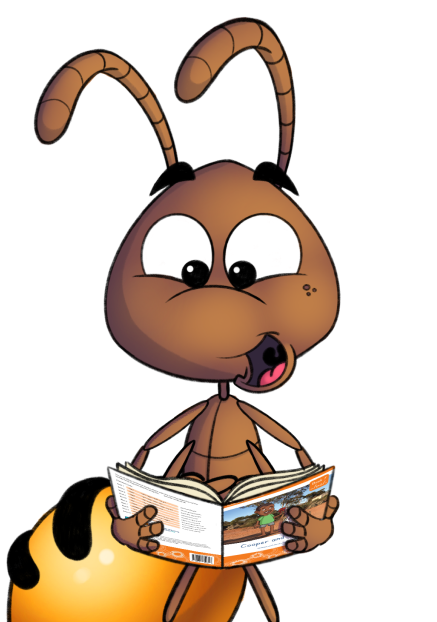SPELD SA Phonic Books
Our Phonic Books support the teaching of reading by using a structured synthetic phonics approach - Sounds-Write and Jolly Phonics series -. They are designed to build on the pre-reading skills of oral language and phonological awareness needed for reading success.
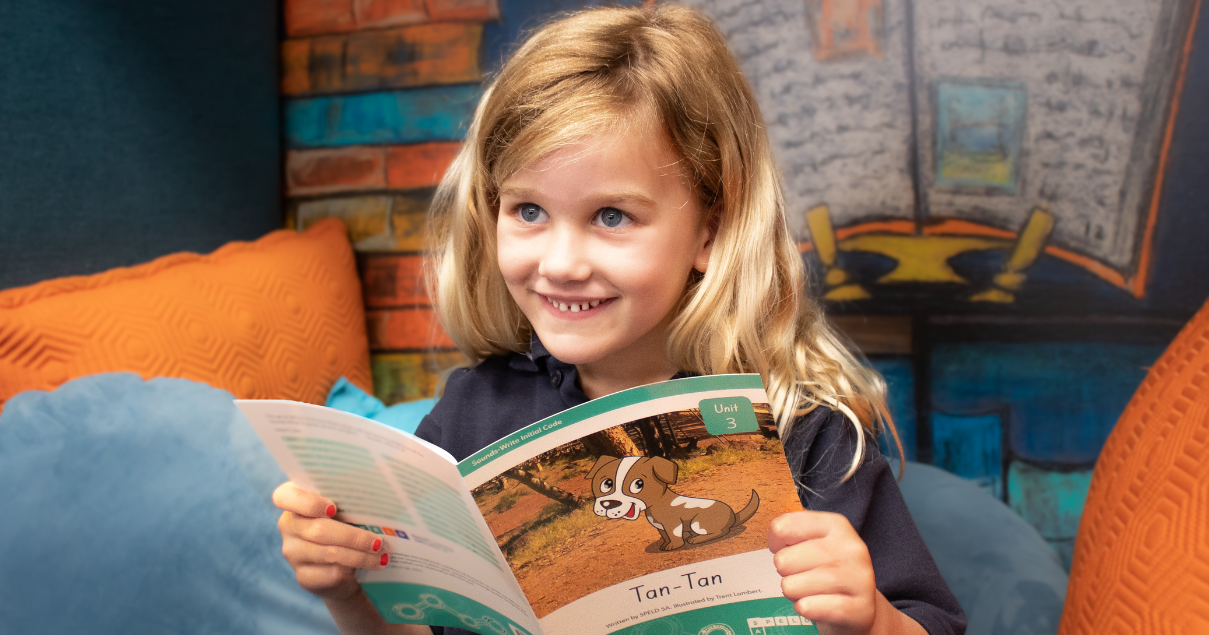
Decodable readers
Download our decodable readers to practice reading at home or in the classroom, or purchase from our bookshop. These books are specially designed to support the learning of letter-sounds and blending in a sequential phonic order, helping students to develop their independent decoding skills.
SPELD SA aims to help Aboriginal students engage with phonic books by having characters, content and settings that reflect Aboriginal communities.
SPELD SA Phonic Books with Sounds-Write code
Initial Code
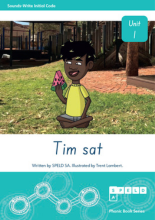
Tim sat
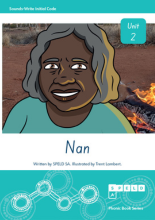
Nan
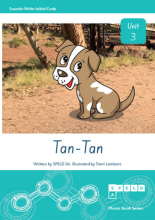
Tan - Tan
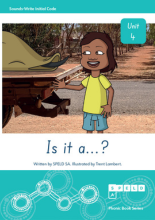
Is it a ...?
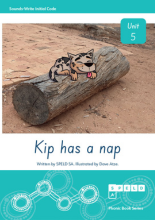
Kip has a nap
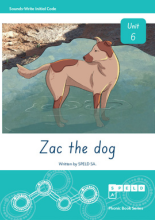
Zac the dog
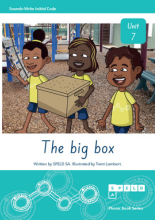
The big box
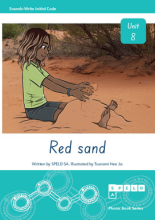
Red sand
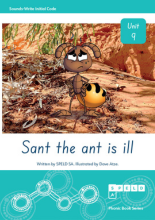
Sant the ant is ill
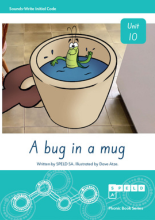
A bug in a mug
Initial Code - Set 2

It is Tim

Tip top

It is big!

The Van

Lap it up

Zig-zag, wag

Jess and Bess

Jim held his hat

Snug in a swag

Liz and Jeff
Initial Code Unit 11 & Bridging
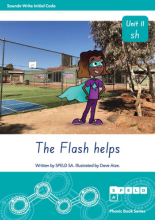
The Flash helps
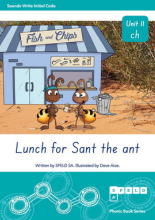
Lunch for Sant the ant
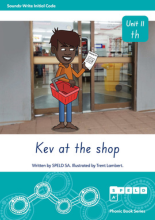
Kev at the shop
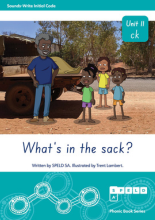
What's in the sack?
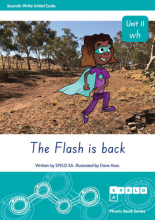
The Flash is back
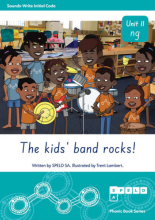
The kids' band rocks!
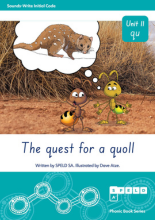
The quest for a quoll
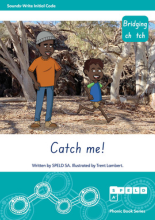
Catch me!
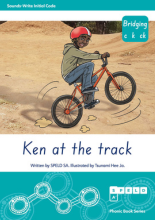
Ken at the track
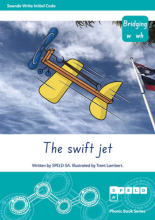
The swift jet
Extended Code - Set 1
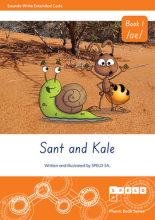
Sant and Kale
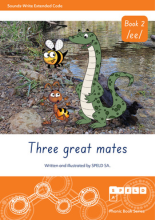
Three great mates
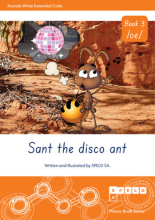
Sant the disco ant
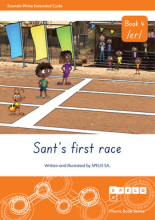
Sant's first race
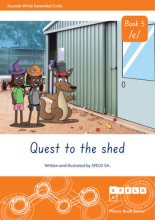
Quest to the shed
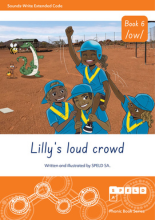
Lilly's loud crowd
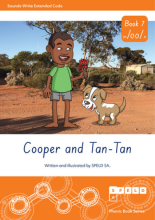
Cooper and Tan - Tan
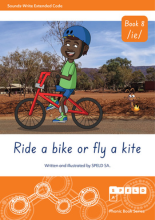
Ride a bike or fly a kite
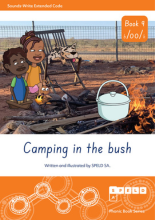
Camping in the bush
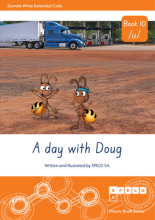
A day with Doug
Extended Code - Set 2
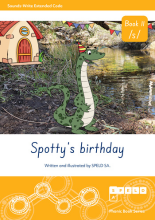
Spotty's birthday
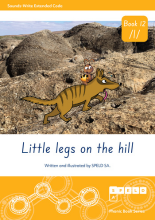
Little legs on the hill
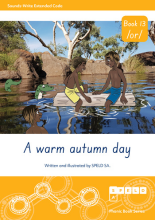
A warm autumn day
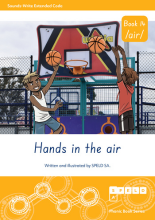
Hands in the air
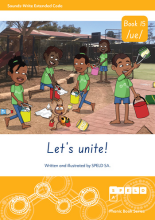
Let's unite!
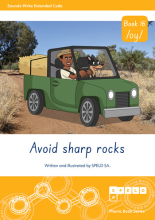
Avoid sharp rocks
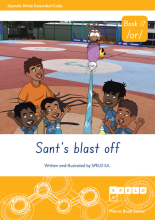
Sant's blast off
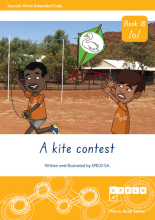
A kite contest
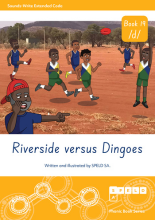
Riverside versus Dingoes
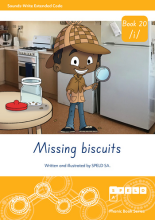
Missing biscuits
“These decodable books - I love... They develop in complexity as they go along. Once children learn the sound correspondences through blending and segmenting activities and practise these skills in the code knowledge you can start practising these skills reading decodable text. There is quite a bit of material here (in the SPELD SA Phonic books) that you can practise on, which is another reason why I like the books. In many decodable readers all you'll get is 4 or 5 words. Not only have you got that, you've got two sentences to read on one page. These develop in complexity as they go along. Books like this are a huge help.”
- John Walker - Sounds-Write Founder
More About Our Services & Resources

About the cover
Elizabeth Close is an Anangu woman from the Pitjantjatjara and Yankunytjatjara language groups in the APY Lands in outback South Australia. She was born in Adelaide and spent much of her upbringing in remote communities, learning her language and receiving cultural education.
‘This artwork represents the literacy and numeracy learning journey, and the path towards independent learning. The circles represent the collaborative learning and supports around children with specific learning difficulties, including children, schools, families, SPELD SA and others.’ Elizabeth Close, Artist.






